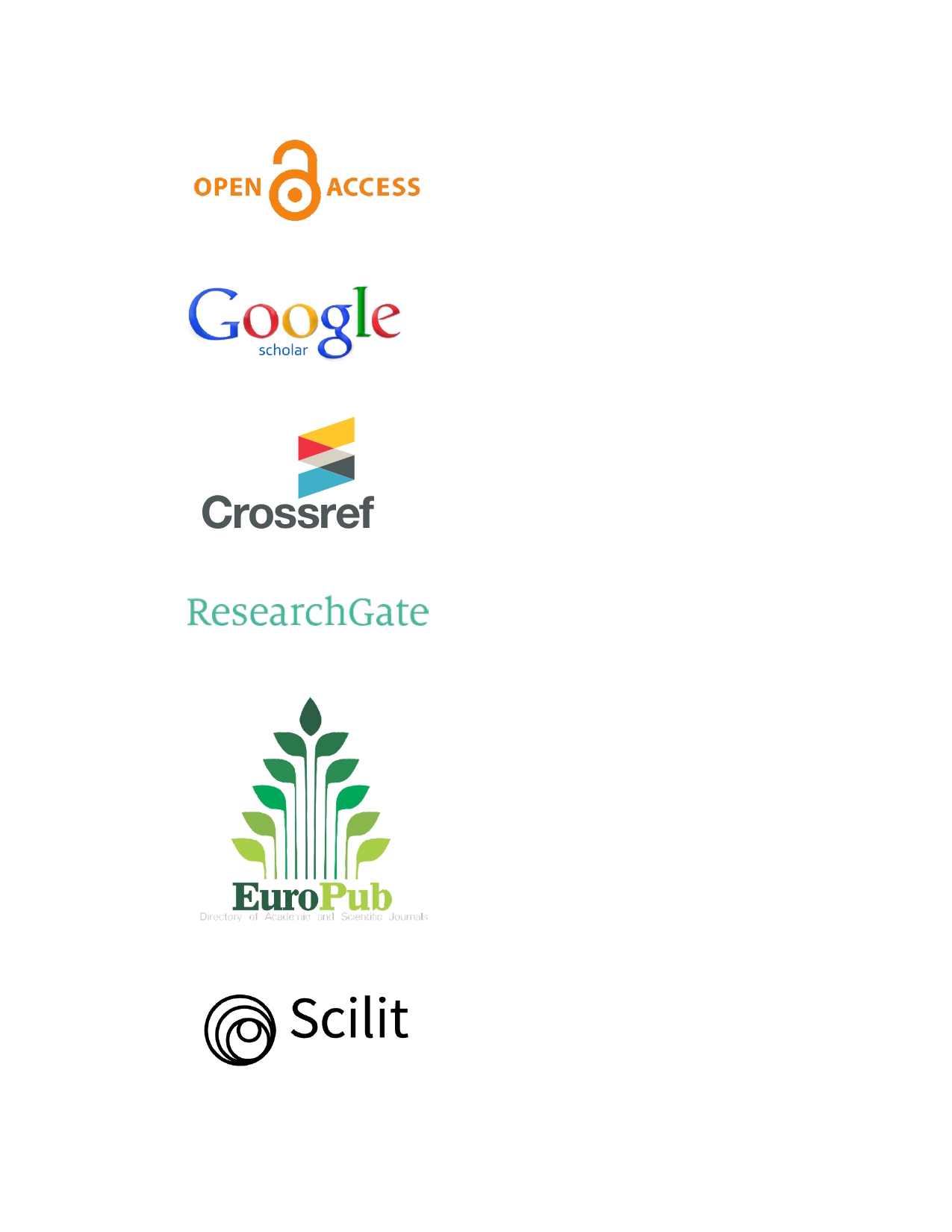Media Ombudsmen on the Scale in Africa: How Journalists Assess the Cameroon National Communication Council’s Sanction and Non-Suit Decisions of 2013-2015
DOI:
https://doi.org/10.63002/assm.25.450Keywords:
Media Ombudsman, Assessments, Africa, Cameroon Journalists, National Communication Council, Sanction, non-suit decisionsAbstract
This study is an assessment of the content of the Cameroon National Communication Council’s (NCC) sanction and non-suit decisions by journalists. The purpose is to determine the perceptions Cameroon journalists have of their National Communication Council and its decisions and to establish a correlation between the perceptions and the content of the decisions.” A survey of 108 journalists working in 40 media houses across four major regions in the country was conducted between the 11th of May and the 19th of June 2015. A textual analysis of 31 NCC sanction and non-suit decisions issued from the 5th of September 2013 to the 24th of February 2015 was also done. The results show that 59.3% of the respondents from the survey and 61.3% of data from the textual analysis indicate that NCC sanctions are protective of state officials and VIPs. Paradoxically, most of the respondents made positive assessments of the NCC decisions in relation to accusations that the decisions were biased, selective and politically motivated with 64.8% and 57.4 % in disagreement as compared to 35.2% and 42.6% in agreement, for the survey and textual analysis respectively. But the findings also reveal that there is a common opinion amongst sanctioned and unsanctioned journalists that the government has an influence on NCC decisions. The study, therefore, recommends that NCC should not focus only on sanctioning journalists and media houses but should also work to encourage journalists and press freedom through the organisation of capacity building workshops for journalists in order to build their capacity to respect professionalism. NCC should also communicate the justifications of their decisions to dispel the opinion that their decisions are influenced by the government.
Downloads
Published
How to Cite
Issue
Section
License
Copyright (c) 2024 Stephen Mokondo Moki, Kingsley Lyonga Ngange

This work is licensed under a Creative Commons Attribution 4.0 International License.






